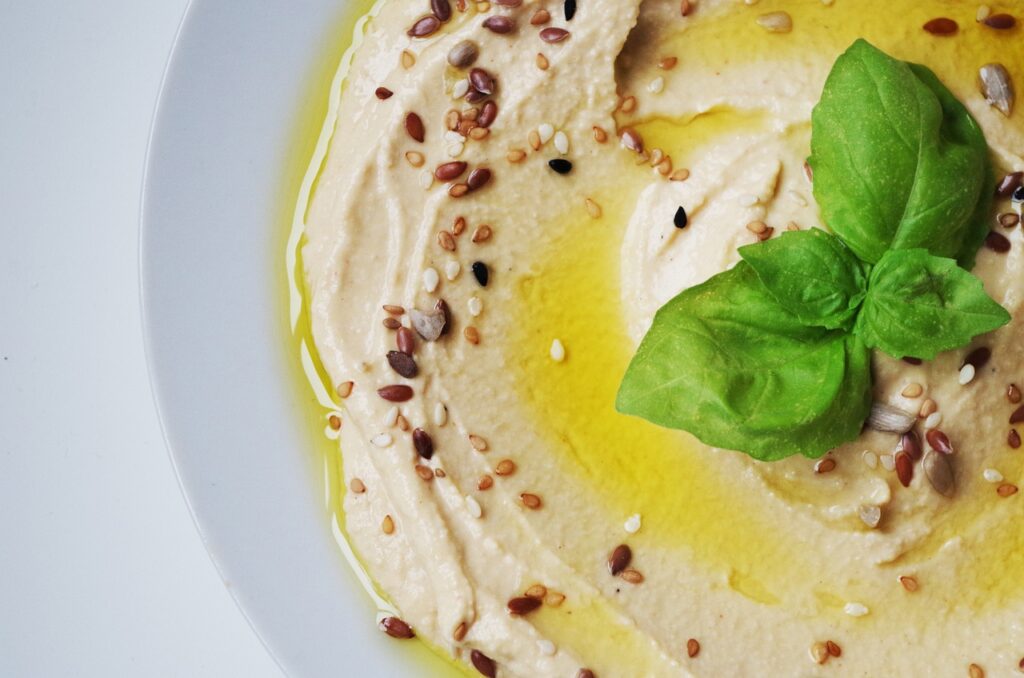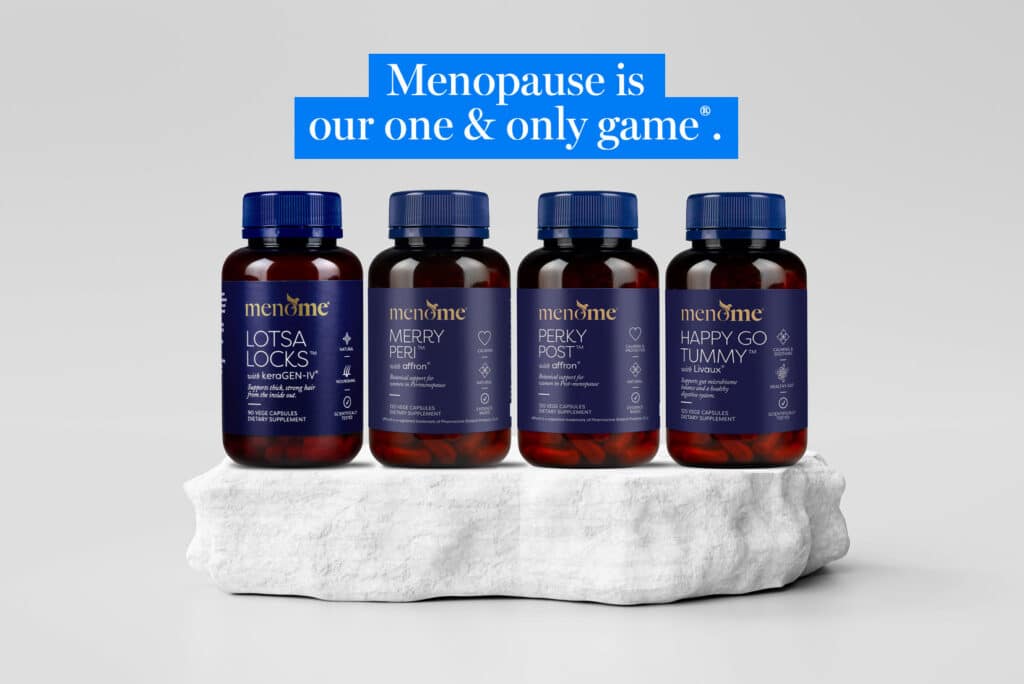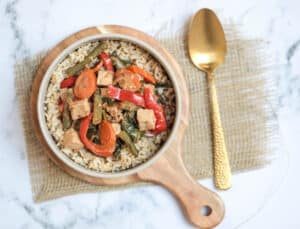If you’re among 80% of women, chances are you’ll experience some of the common symptoms of menopause so you’re going to love extra virgin olive oil (EVOO)!
Indeed, some of signs and symptoms include inflammation, sore muscles and joints and the good news is EVOO is magical for these. One reason we always recommend the Mediterranean diet is that it soothes many of the symptoms (not to mention weight). What’s more, it’s anti-inflammatory and consistently comes out in research as a good choice for women’s health.
A big part of the Mediterranean diet is using EVOO, or extra virgin olive oil.
Of course, the best choice to use is as pure as possible, the kind that gives you a kick in the back of the throat.
And what’s great about that is that it’s not only delicious but it also contains compounds that can help with joint pain and the inflammation that can be a hallmark of peri/menopause.
With that in mind, it seems a no-brainer to use EVOO wherever we can and this hummus is perfect.

Hummus with Extra Virgin Olive Oil
te Ingredients:
- 1 can (400g) chickpeas, drained and rinsed (reserve a few for garnish)
- 3 tbsp tahini
- 2 tbsp extra virgin olive oil (plus more for drizzling)
- 1-2 cloves garlic, minced
- Juice of 1 lemon
- 1/2 tsp ground cumin
- 1/4 tsp paprika (optional, for garnish)
- Salt to taste
- 2-4 tbsp cold water (adjust for desired consistency)
Instructions:
- Blend base ingredients:
- Add the chickpeas, tahini, garlic, lemon juice, cumin, and a pinch of salt to a food processor.
- Add olive oil and water:
- Blend until the mixture starts to become smooth. Gradually add the extra virgin olive oil while the processor is running.
- Add cold water one tablespoon at a time until the hummus reaches your desired creamy consistency.
- Taste and adjust:
- Taste the hummus and adjust seasoning with more salt or lemon juice if needed.
- Serve:
- Transfer the hummus to a serving bowl, drizzle with extra virgin olive oil, and sprinkle with paprika if desired.
- Garnish with reserved chickpeas for a touch of texture.
- Enjoy!
- Serve with fresh veggies, seed crackers or load it on sweet potato/kumara.
Delicious, hormone-friendly and just what the doctor ordered (or the menopause coach!). In addition, it can be stored in an airtight container in the refrigerator for up to a week.
Use generously alongside your Merry Peri®, Perky Post®, Happy Go Tummy® and LotsaLocks® which also contain wonderful anti-inflammatory ingredients and support.











